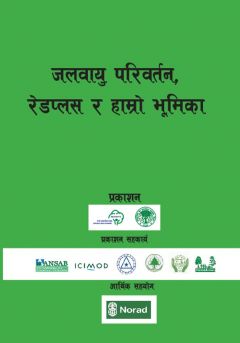Poverty Environment Nexus : Sustainable Approaches to Poverty Reduction in Cambodia, Lao PDR and Vietnam
This is a draft edition of the Poverty Environment Nexus (PEN) report for Cambodia, Lao PDR and Vietnam. The purpose of this conference edition is to present the findings from the studies that have been undertaken in each country over the last three years as well as to obtain relevant comments and feedback from the conference participants that could be included in the final edition of the report. The material presented in this report is based upon comprehensive case studies as well as national analytical work performed in each country.





